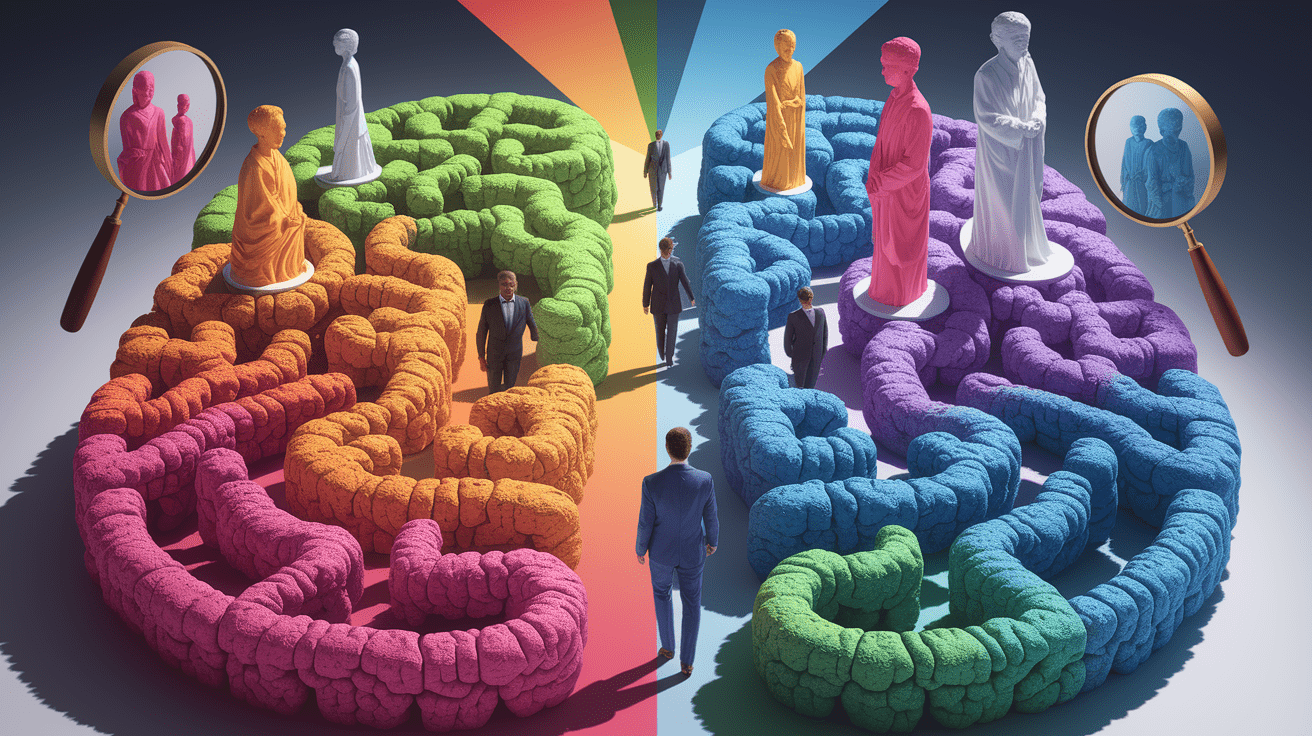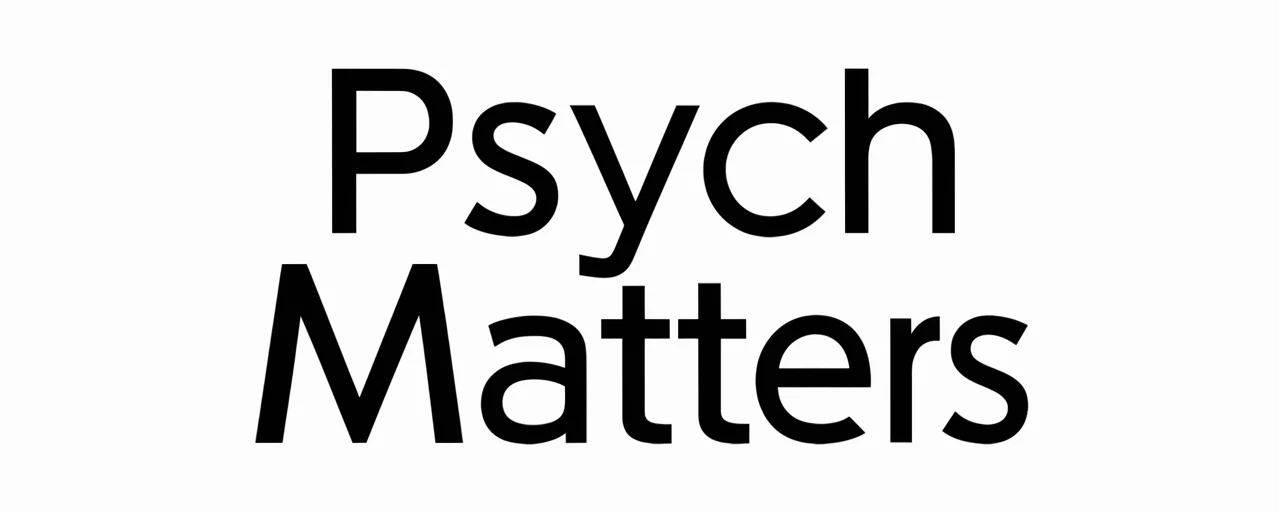Misinformation-Resilience Psychology: Building Your Mental Armor
Forewarned and Fortified: Understanding Misinformation-Resilience Psychology
Misinformation-resilience psychology refers to the capacity to resist, manage, and recover from exposure to false or misleading information. It integrates both stable traits—such as habitual skepticism and analytical thinking—and dynamic processes that emerge in response to specific misinformation events. According to recent psychometric research, this multidimensional construct encompasses self-control principles like responsible content sharing, alongside stress resistance, which addresses the emotional and cognitive disruption caused by deceptive information. This framework aligns with established psychological models of resilience, emphasizing not just inherent predispositions but also adaptable coping mechanisms in digital communication contexts.

The Dual Dimensions: Self-Control and Stress Resistance
Building resilience against misinformation involves two primary dimensions:

- Self-Control: This includes the consistent application of critical thinking, questioning the credibility of sources, and resisting impulsive sharing of unverified content.
- Stress Resistance: The ability to maintain cognitive clarity under the distress caused by exposure to misinformation, a factor validated in scale development studies focusing on misinformation resilience traits and processes.
Effective misinformation control requires both dimensions to work in tandem: self-control mitigates the spread of falsehoods, while stress resistance preserves judgment under pressure.
Cognitive Roadblocks: Biases and Motivated Reasoning
Misinformation exploits predictable vulnerabilities in human cognition. Cognitive bias, such as confirmation bias, predisposes individuals to accept information that supports pre-existing beliefs while rejecting contradictory evidence. As explained in a comprehensive discussion on biases and reasoning, motivated reasoning often compels individuals to defend established viewpoints, even against strong factual corrections. This results in the so-called “continued influence effect,” where misinformation persists in shaping belief and memory long after being debunked. Addressing these biases requires both awareness and intentional cognitive debiasing strategies to promote truth discernment.

Psychological Inoculation: Preemptive Defense Strategies
Psychological inoculation applies principles similar to medical vaccination: exposure to a weakened form of misinformation alongside refutations strengthens cognitive immunity against future deceptive content. This strategy works by forewarning individuals of manipulative tactics—such as emotional appeals or selective framing—and by equipping them with counterarguments ahead of time. Evidence from experimental inoculation studies shows measurable reductions in susceptibility to fake news in social media contexts. Nevertheless, as noted in narratives on inoculation theory, scalability challenges persist due to factors like partisan identity, epistemic cognition, and variations in analytical thinking skills.

Measuring Resilience: Tools and Metrics
Assessing misinformation resilience is essential for evaluating interventions and tailoring educational programs. Recent validated tools, such as the Resilience to Misinformation Scale, employ two-factor structures that analyze:

- Stress Persistence/Resistance: How individuals emotionally withstand exposure to misleading content.
- Behavioral Self-Control: The frequency and quality of critical engagement with news sources.
Cross-cultural adaptations of these tools have demonstrated consistent reliability, as detailed in studies on psychometric validation, enabling broader research in diverse populations.
Practical Applications: From Education to Policy
The societal impact of misinformation is evident in domains such as election integrity, public health decision-making, and science communication. Understanding its psychological drivers—including motivated reasoning and social cognition deficits—provides critical insights for intervention design. As reviewed in analyses of societal misinformation effects, effective strategies involve a blend of prebunking through inoculation techniques and reactive debunking guided by evidence-based communication. Policy frameworks can integrate misinformation-resilience education into curricula, while journalism practices can adopt epistemic vigilance measures to reinforce public information trust.
Armor Up: Building Everyday Misinformation Muscle
Developing mental immunity to misinformation is a continuous process that blends education, habit, and reflective thinking. Individuals can strengthen their misinformation muscle by:
- Engaging in information verification skills, cross-checking facts against credible sources.
- Practicing logical fallacies recognition to identify flawed arguments in content.
- Increasing media skepticism towards sensational or unsubstantiated claims.
- Applying scientific reasoning and evidence evaluation to public discourse.
- Investigating source credibility before sharing or acting on any information.
Through consistent application of critical thinking, adoption of inoculation-based training, and the deliberate cultivation of resilience traits, individuals can better navigate the modern information environment and resist the cognitive and emotional sway of falsehoods.







